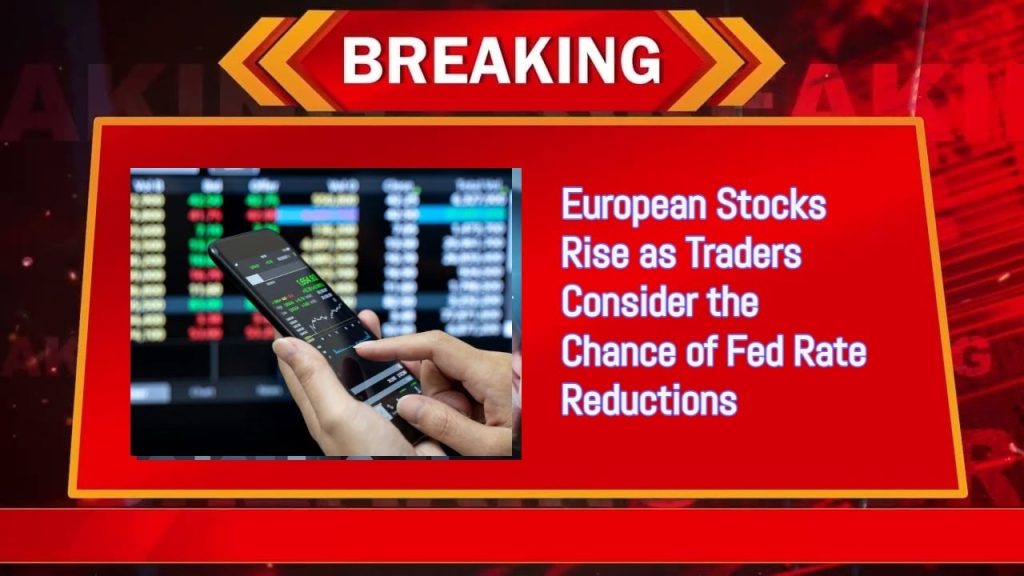With data suggesting that US employment growth was likely significantly less strong in the year through March than previously reported, investors began to evaluate the outlook for interest rates, which led to a rise in European shares. By the end, the Stoxx Europe 600 had gained 0.3%.
The industries with the largest gains were resources, retail, and automotive; the largest losers were communications stocks. Alcon Inc. had a decline as a result of its second-quarter revenues falling short of projections, whilst Demant A/S saw an increase following two upgrades to overweight status by Morgan Stanley analysts.
Still In The Process of Recovery
With anticipation of a soft landing and a rising belief that the Federal Reserve will remain dovish going forward, European markets have been recovering from a selloff earlier this month. According to the Bureau of Labor Statistics’ preliminary benchmark revision, data indicated that the number of workers on US payrolls will likely be revised down by 818,000 for the 12 months through March — or around 68,000 less each month if they are distributed equally.
Most economists had predicted a downturn, with some even projecting a loss of one million jobs. Ahead of Fed Chair Jerome Powell’s Jackson Hole address, investors will now be closely examining the minutes of the Fed’s most recent policy meeting, which are scheduled for later this Wednesday, for clues regarding the direction of interest rates and quantitative tightening.
Increasing in Risk
“In the coming days, buybacks of shares and purchases of systematic strategies will support the market,” Ulrich Urbahn, head of multi-asset strategy and research at Berenberg, stated. “Yet, we think that in September, given the US Presidential TV debate, deteriorating seasonality, a higher positioning, and reduced buyback support, risks will be increasing once more.”
In the meantime, UK government borrowing exceeded estimates in the first four months of the current fiscal year, underscoring the pressure on Keir Starmer’s new Labour government to either cut spending or raise taxes.

